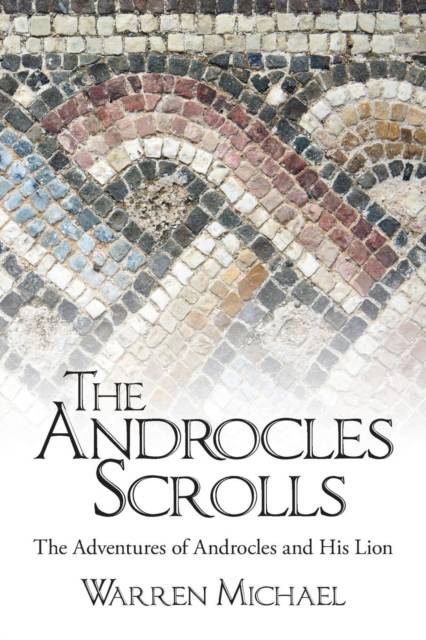
Bedankt voor het vertrouwen het afgelopen jaar! Om jou te bedanken bieden we GRATIS verzending (in België) aan op alles gedurende de hele maand januari.
- Afhalen na 1 uur in een winkel met voorraad
- In januari gratis thuislevering in België
- Ruim aanbod met 7 miljoen producten
Bedankt voor het vertrouwen het afgelopen jaar! Om jou te bedanken bieden we GRATIS verzending (in België) aan op alles gedurende de hele maand januari.
- Afhalen na 1 uur in een winkel met voorraad
- In januari gratis thuislevering in België
- Ruim aanbod met 7 miljoen producten
Zoeken
€ 21,95
+ 43 punten
Omschrijving
Androcles and the Lion, the story made most famous by Sir George Bernard Shaw, has remained untainted for centuries. Now, for the first time, a glimmer of disagreement has appeared. Off the coast of Samnos, a Greek island in the eastern Aegean Sea, south of Chios, north of Patmos and the Dodecanese, diving expeditions have produced evidence of an alternative explanation to the Androcles Legend. An explorer ship, uncovering ancient wrecks off the island coast for gold, silver, rare artifacts, using a well-trafficked route, commonly used for ages uncovered sealed amphora. As opposed to commodities for sale or trade, they contained contaminated, intact scrolls. Carefully protected and restored, they slowly disintegrated, but not before yielding much of their information. Strangely enough, it concerned the man Androcles. The amphora, apparently thrown off the ship en route, was recovered some three miles away from the ship itself before overtaken. They were purposely disposed of while being pursued. But why? What is the mystery that caused men to 'conceal, ' then dispose of documents so seemingly harmless? Re-assembled after twenty-seven years of painstaking effort; authenticated, well preserved, restored, unchanged, and unedited-now made public for the first time. Written by a slave who apparently witnessed everything, he was careful to conceal all the information until his death. Is there some hidden state secret? A code-some event so dangerous it had to be dispelled, eliminated any way possible, even to the point of fable? You must decide. It is presented, flaws and all, for your enjoyment.
Specificaties
Betrokkenen
- Auteur(s):
- Uitgeverij:
Inhoud
- Aantal bladzijden:
- 382
- Taal:
- Engels
Eigenschappen
- Productcode (EAN):
- 9781504331210
- Verschijningsdatum:
- 11/05/2015
- Uitvoering:
- Paperback
- Formaat:
- Trade paperback (VS)
- Afmetingen:
- 152 mm x 229 mm
- Gewicht:
- 557 g

Alleen bij Standaard Boekhandel
+ 43 punten op je klantenkaart van Standaard Boekhandel
Beoordelingen
We publiceren alleen reviews die voldoen aan de voorwaarden voor reviews. Bekijk onze voorwaarden voor reviews.









